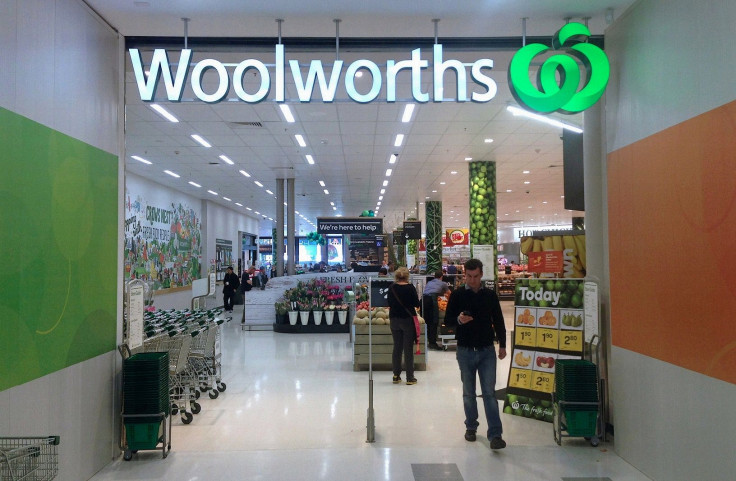Study assesses Australian supermarkets' nutrition, obesity prevention policies

A fail mark has been awarded to some supermarkets in Australia for their role in promoting unhealthy foods and in manufacturing. Some received low scores in a study that sought to assess top supermarkets’ efforts to help tackle the obesity crisis.
The Global Obesity Centre researchers launched the Deakin University report on Monday, which assessed Coles, Woolworths, Aldi and IGA's nutrition and obesity prevention policies and commitments. The supermarkets obtained scores below 50, with Woolworths earning 46 and Coles 40.
Aldi and IGA got scores of 11 and 8, respectively. The former said that the report did not represent its full range of policies and processes, via Choice.
Six various criteria were put into consideration for the study. These include whether home-brand products contain healthy formulations and whether unhealthy foods are promoted to kids and teenagers. Pricing strategies of junk and healthy foods were also considered.
For the scores’ calculation, data collected up until the end of 2017 was put through an assessment tool by health researchers in over 20 countries. Researchers analysed supermarket chains’ nutrition-related policies and commitments with two-thirds of Australian adults who are obese or overweight.
Lead author Associate Professor Gary Sacks said he was not surprised by the result as he knew that Woolworths and Coles pay full attention to nutrition. The two supermarkets were commended for reducing the levels of sugar, sodium and fat, and for rolling out the voluntary health-star rating system.
Woolworths, which obtained the top score, looked pleased to see its programs recognised by the study. "While the report highlights some of the progress we have made, we do acknowledge there is more we can do," Woolworths managing director Claire Peters said, adding that the company is determined “to lead the way when it comes to helping our customers make healthier choices.”
The authors wrote in the report “Inside our Supermarkets” that all supermarkets could do much more to promote healthy eating. "The vast majority of Australians buy their food at supermarkets, and the way these shops are set up can heavily influence what we buy," Sacks said.
The report implies that the industry could make scores of changes like replacing unhealthy food displayed at registers with healthy choices. Confectionery and sugary drinks can be removed from checkouts and promotions for junk food must be reduced.






